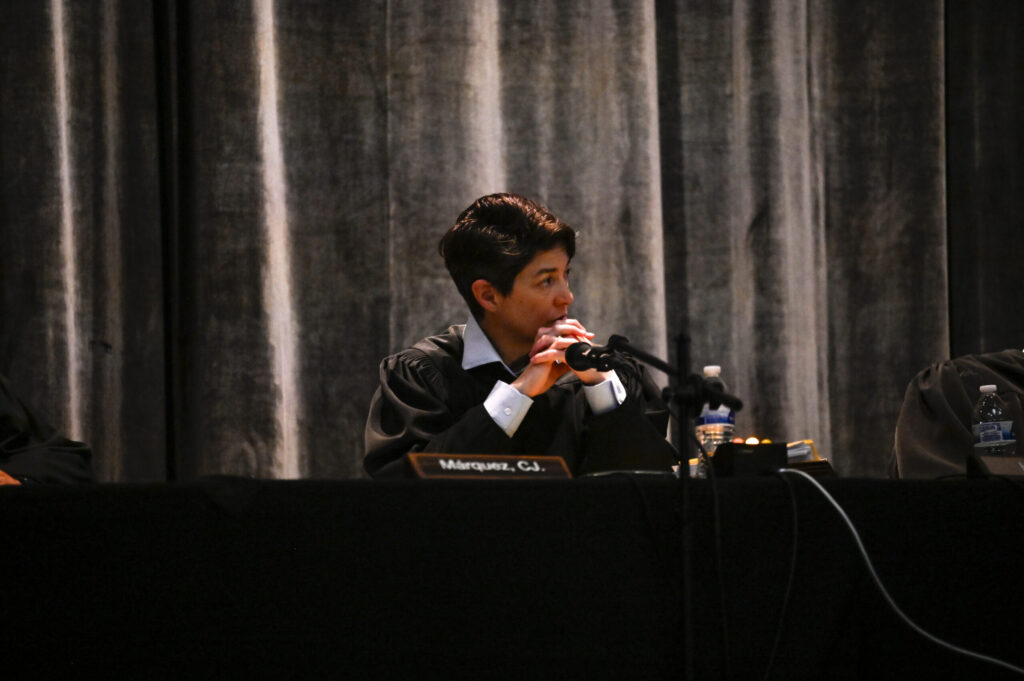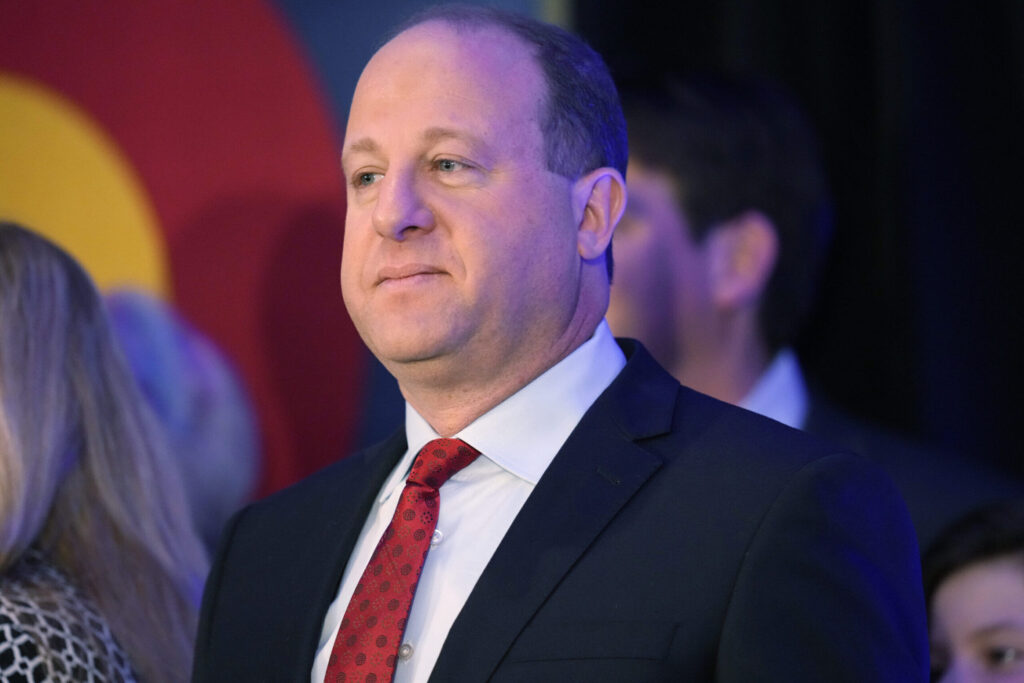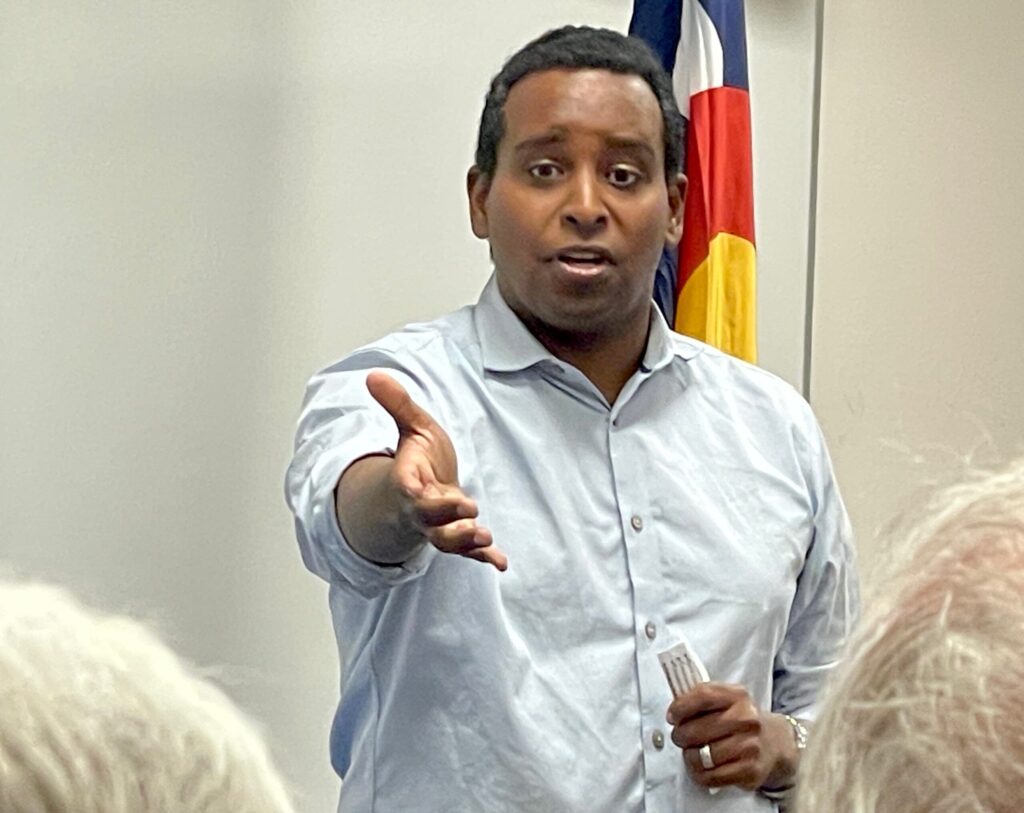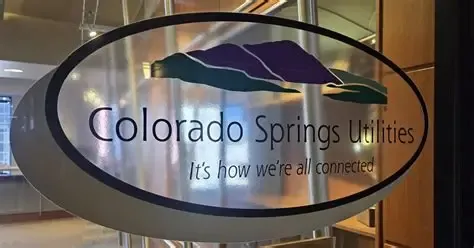Two Democrats help kill House oil and gas bill
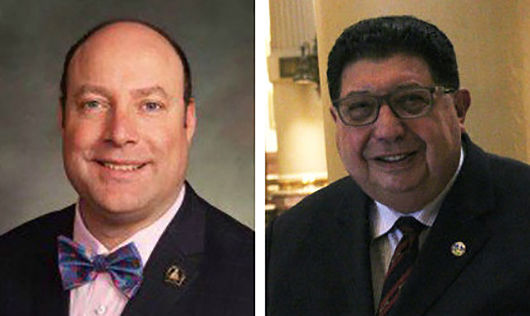
Democrats at the Legislature who represent some of the Front Range suburban communities at the center of the war over oil and gas drilling in Colorado are continuing to push proposals that would grant local authorities more power over drilling operations. Their efforts are winning headlines and generating social media fireworks even as they are met at the Capitol with firm bipartisan opposition.
On Monday, House Bill 1355 , sponsored by Reps. Mike Foote, D-Lafayette, and Su Ryden, D-Aurora, aimed to reaffirm the zoning power of local governments to regulate neighborhood noise, traffic and visual impacts of drilling operations. The bill died in the Democratic-controlled House when two Democrats — Reps. Ed Vigil, D-Fort Garland, and Paul Rosenthal, D-Denver — joined Republicans in voting against it. Indeed, Vigil and Rosenthal were made to vote on record twice against the bill, once during regular floor debate and another when Foote tried to revive his bill by proposing an amendment to the Committee of the Whole.
Vigil’s vote came as little surprise. In the clash over fracking, his more conservative rural constituents are likely to generally support the oil and gas industry.
Rosenthal’s vote came as a surprise. Denver residents have watched drilling operations and the neighborhood battles that erupt around them press in toward the city for years. The majority Democratic population of the city is more politically aligned with residents in nearby cities where drilling has encroached such as Boulder and Longmont, where drilling moratoriums and bans have been enacted.
Rosenthal told The Colorado Statesman that he thought channels already existed to address the complaints at the heart of the bill.
“I prefer that, if we’re going to be doing changes like this, that we have them discussed by the (local control) task force Gov. Hickenlooper set up and that any new rules are adopted by the Colorado Oil and Gas Conservation Commission,” he said. “I think the preferred path of rule making was the main issue I had (with the bill).”
Rosenthal said he put in more work researching HB 1355 than “any of his own bills.”
“I talked to a lot of people about it — fracking opponents, environmentalists, industry analysts, attorneys, industry representatives, the AG’s office, constituents, and the governor’s office.” Rosenthal added that the input from the governor’s office was “an important factor” in his decision, but that it was “consistent with other views which I considered the most persuasive.”
Rosenthal also said that his constituent concerns were at the front of his mind.
“I have one of the most politically diverse districts in Denver,” he wrote in an email. “Only about 40 percent of it is Democratic, and almost as much is Unaffiliated. My constituents regularly tell me that they sent me to the Capitol not just to represent a progressive agenda, but also to carefully consider every bill that I vote on to make sure it is the best possible policy solution for our state. The fact of the matter is that not all good progressive legislation makes it, even with a Democratic majority. Look at the death with dignity bill, for example. One of my own bills this session, to require PERA to invest in renewable energy companies so we can promote the industry and combat climate change, was killed in committee, with all Democrats voting no. So, we all have our own party colleague’s bills that we vote yes and no on every session.”
Foote agreed that municipalities have some control over drilling operations, but that local governments are afraid to enforce them because wealthy oil and gas companies don’t hesitate to threaten lawsuits. Some argued the bill was a trojan horse that would begin with regulating traffic-related noise and air pollution and end with de facto bans on drilling.
“One thing we’ve heard is this is just a way to ban fracking. Well, I’m interested in where you’re getting that, because that’s what the industry is saying, because that’s what they’re saying all the time, whenever something like this comes up,” Foote said on the chamber floor. “I’m interested because it’s our bill, so we’re very familiar with what’s in the bill. The argument (it would ban fracking) just holds no water. It’s what the industry says no doubt, but it’s just not true.”
Rep. Cole Wist, R-Centennial, who was appointed to fill a vacant seat in the Legislature just months ago, led opposition on the floor. Wist is a lawyer who has represented energy companies. He grew up in a coal-mining family on the Western Slopes and has spoken frequently in the House against further regulating fossil fuel industries. He said the bill would result in diverse local regulations that would hobble the oil and gas industry — the prospect that spurred Gov. Hickenlooper to establish the task force on local control last fall, which generated new rules written by the state oil and gas conservation commission.
“This law will result in a patchwork of regulation that we specifically sought to avoid,” Wist said. “This is still about an attempt to circumvent. It’s still about an attempt for local governmental authority to trump (state regulators). This bill will result in increased cost to taxpayers. This law will result in inefficiency.”
The tug of war over oil and gas drilling at the Legislature has flared up in recent weeks and promises to grow hotter.
This week, the Republican-controlled Senate took up debate on the state budget, and the Republican majority Senate appropriations committee on Monday again stripped out $8.5 million taken in through license and inspection fees that pay for the state’s air pollution control division. Republicans are determined to prevent the state from working to implement the Obama administration’s carbon-slashing Clean Power Plan by “defunding” state regulators.
Republicans ultimately want to cut only money that pays for developing the state Clean Power Plan compliance program but have been frustrated in attempts to discover how much money that would be — estimates land between $150,000 and $500,000.
The debate over the proposed cut will be taken up on the Senate floor this week.
With reporting by John Tomasic.



